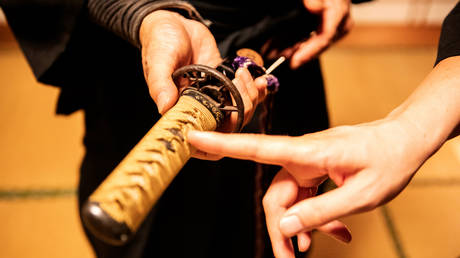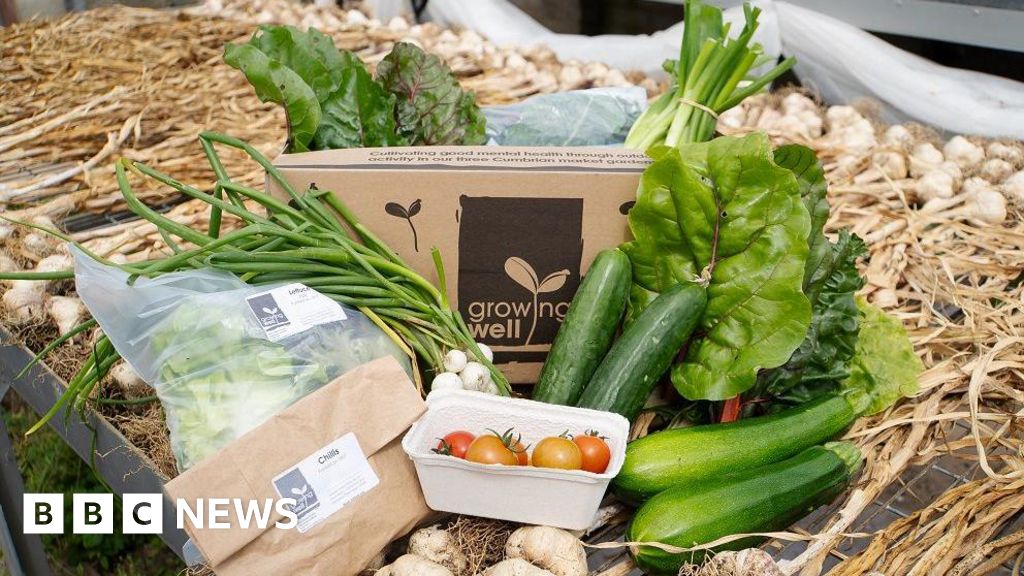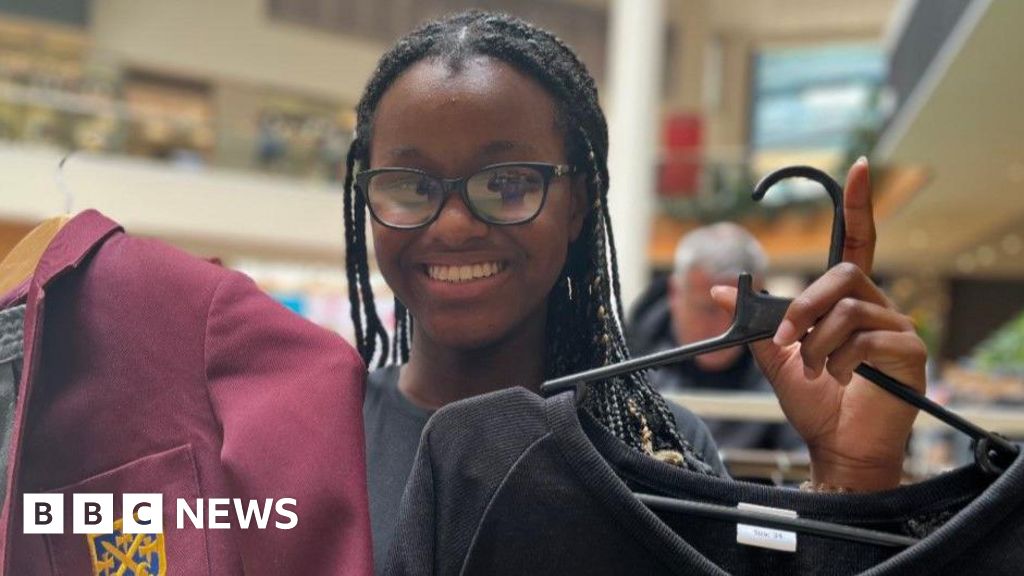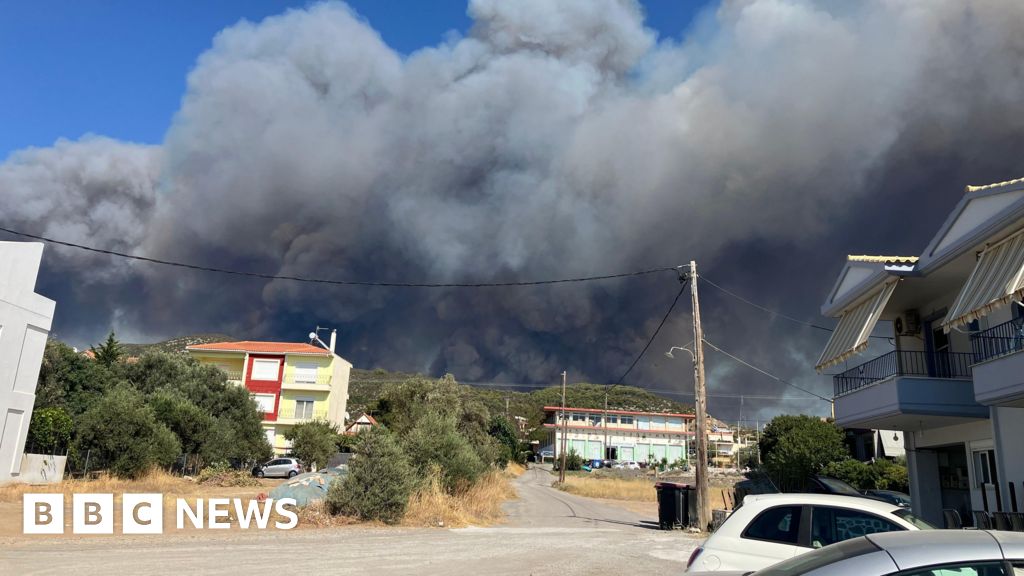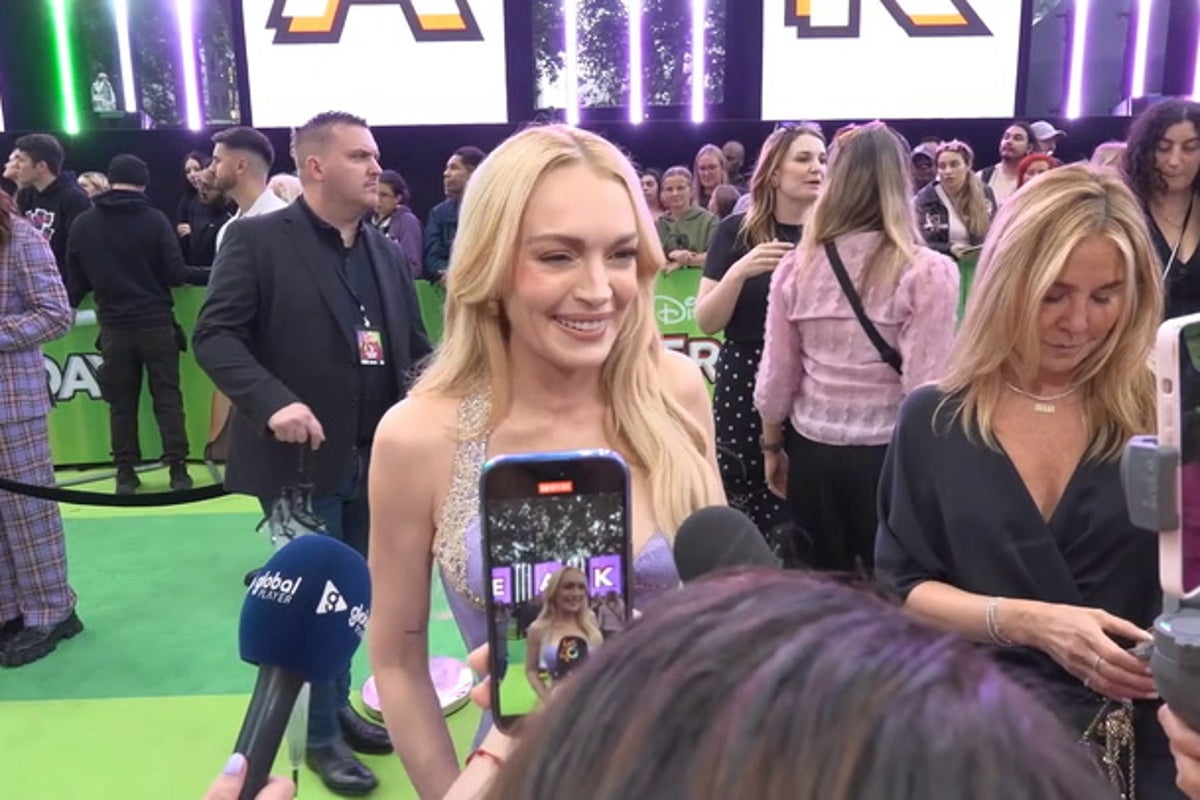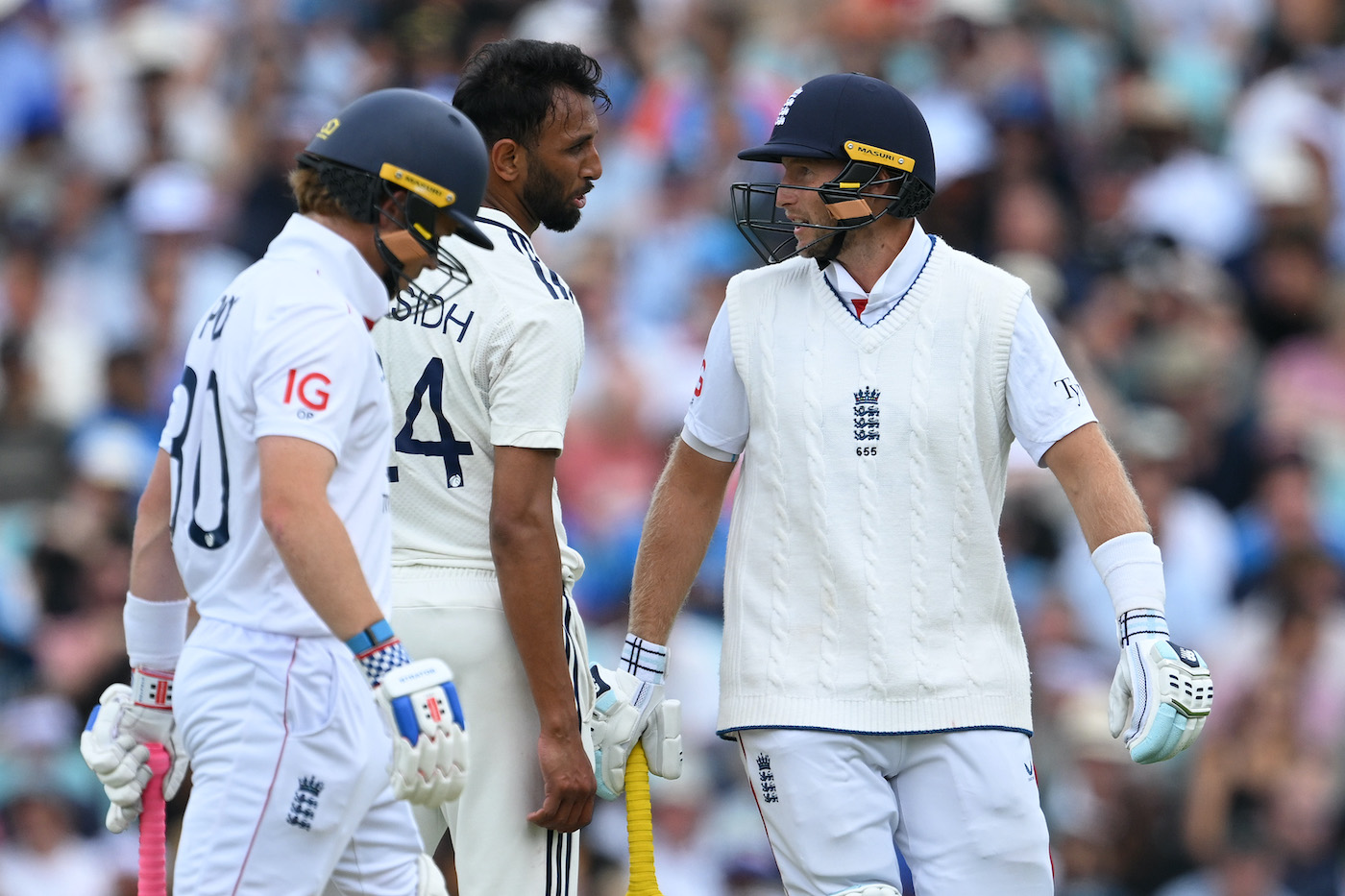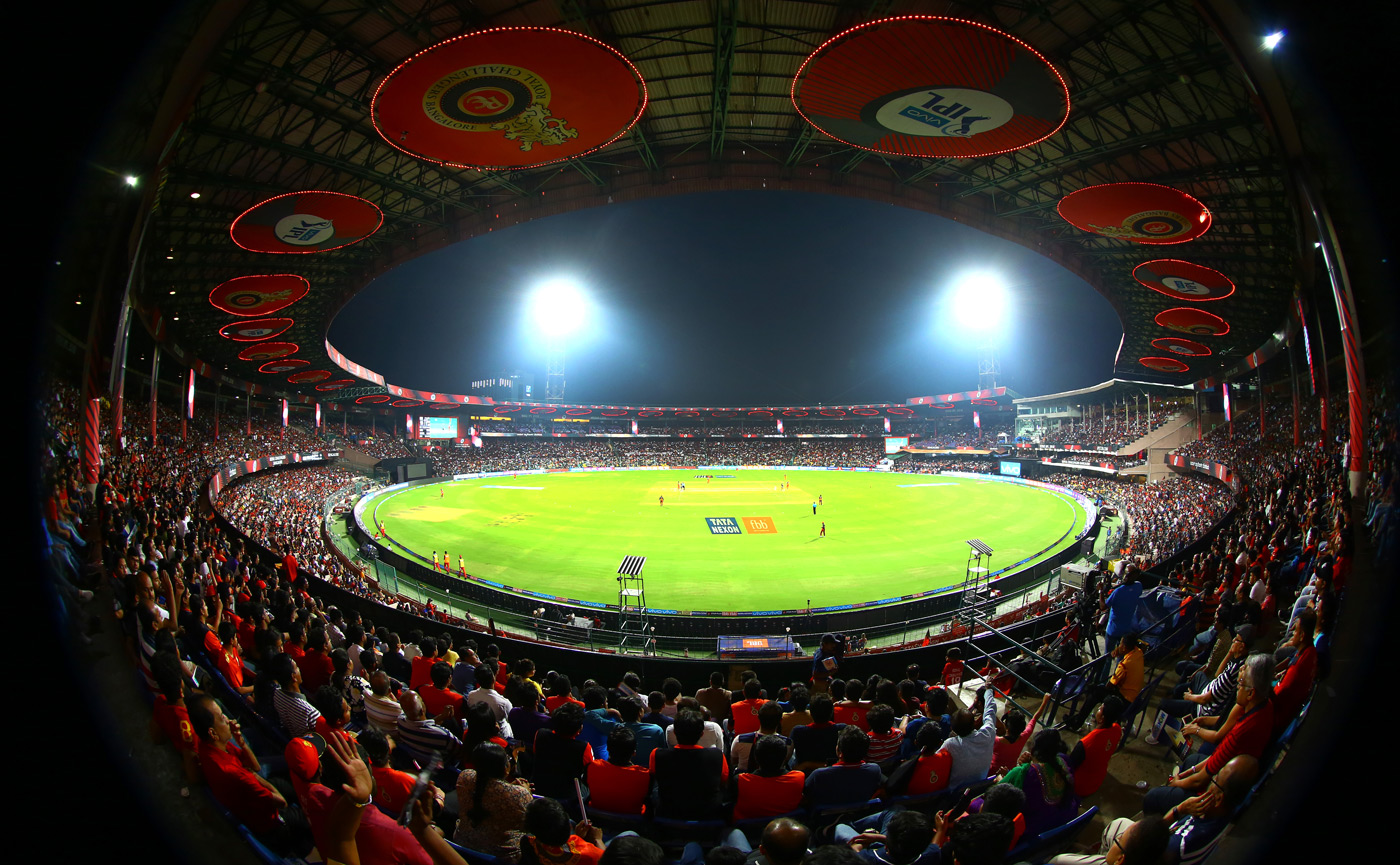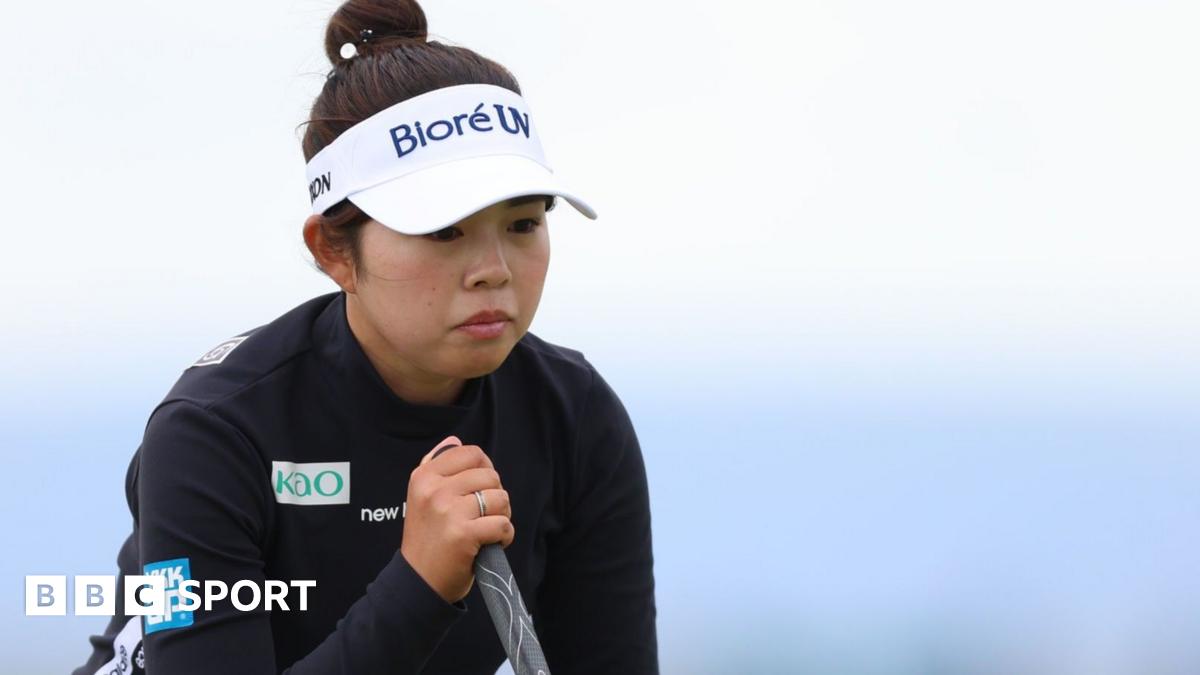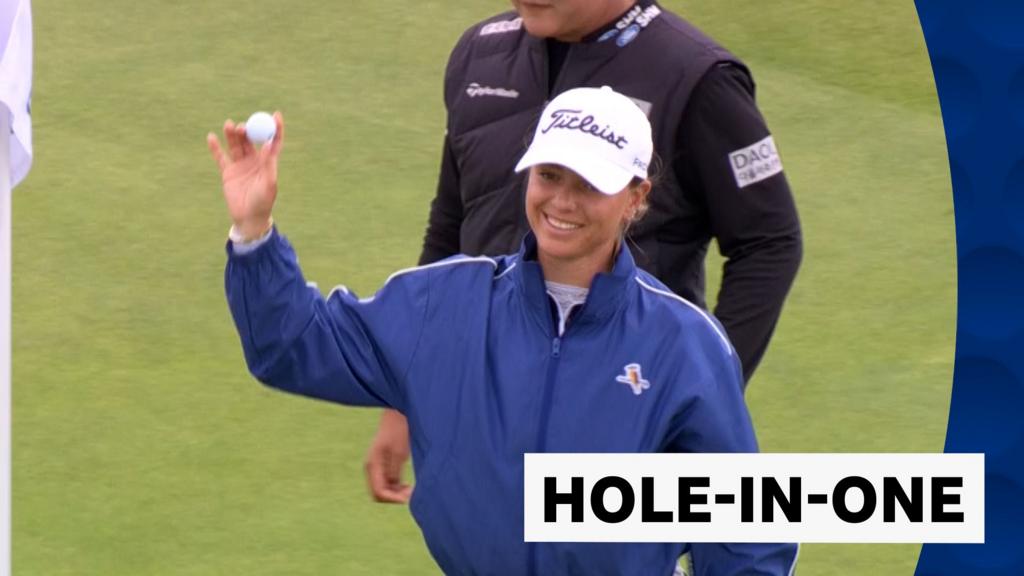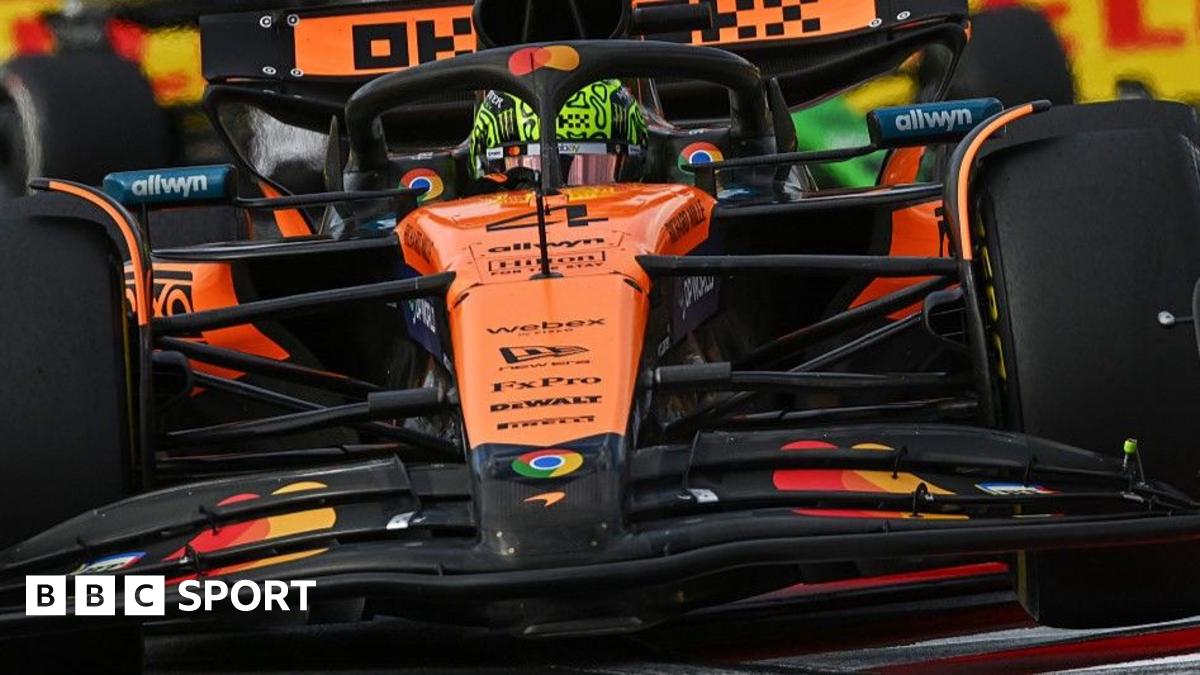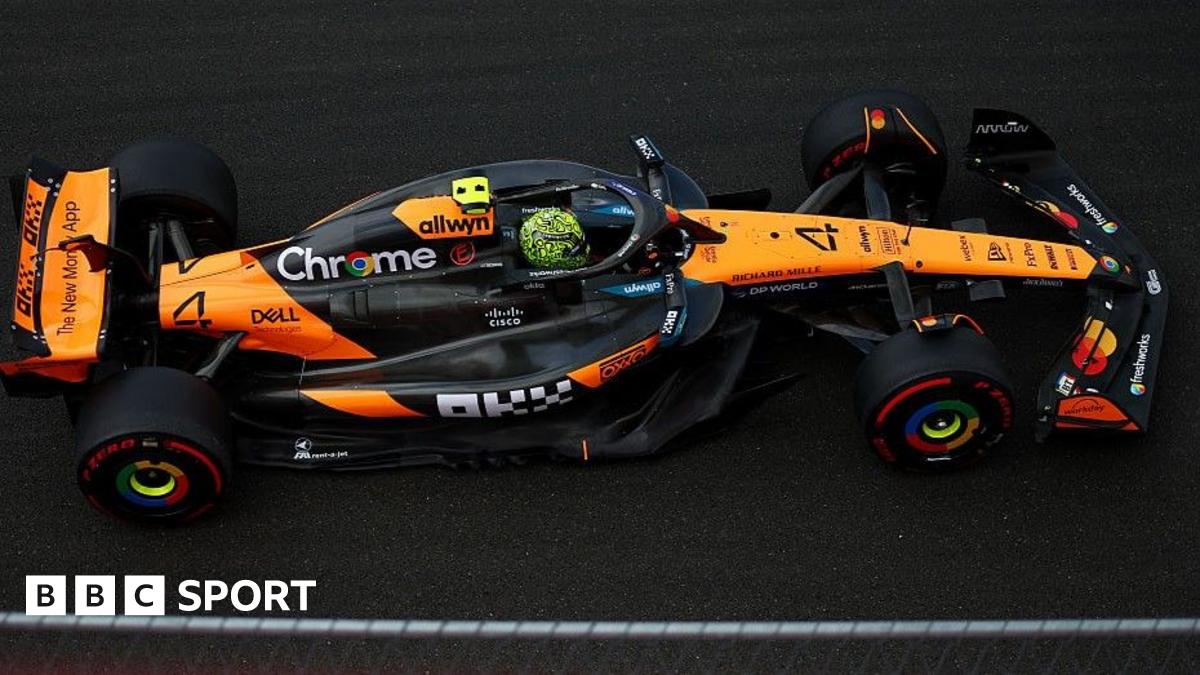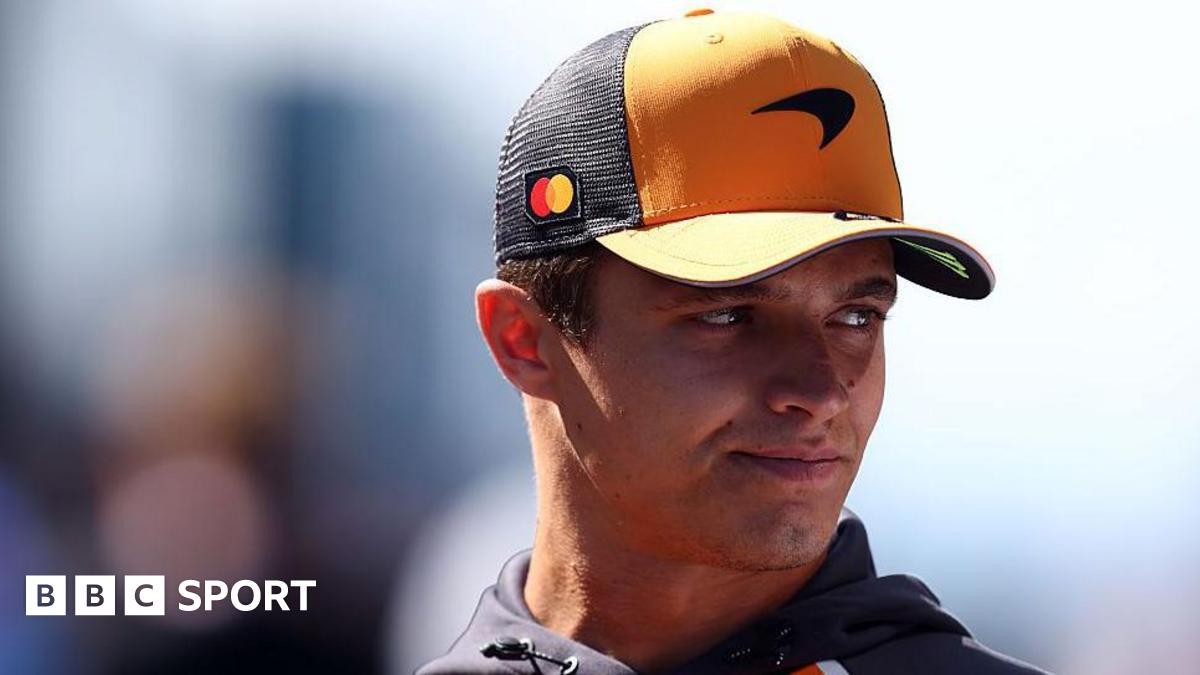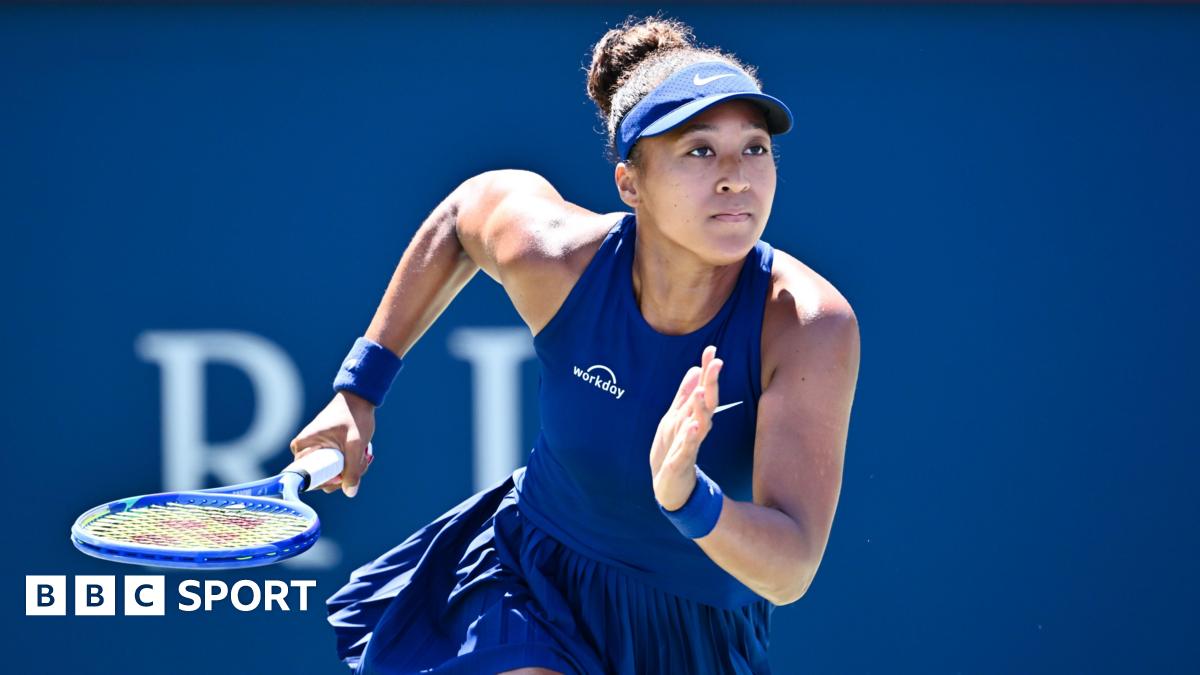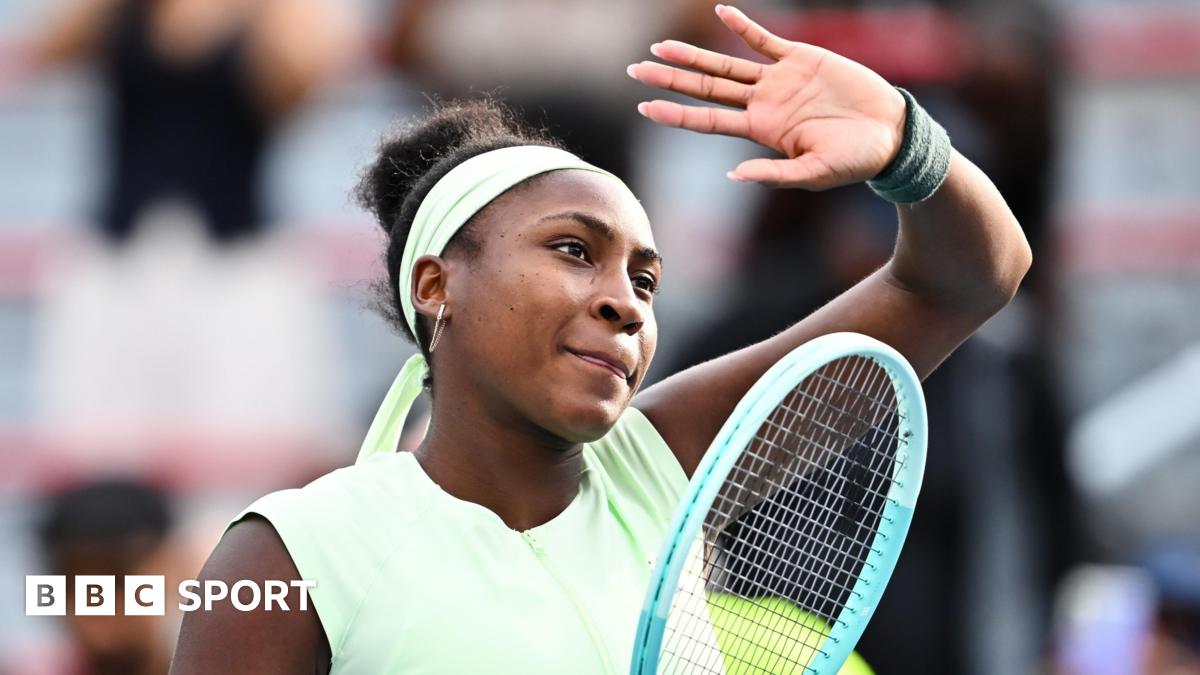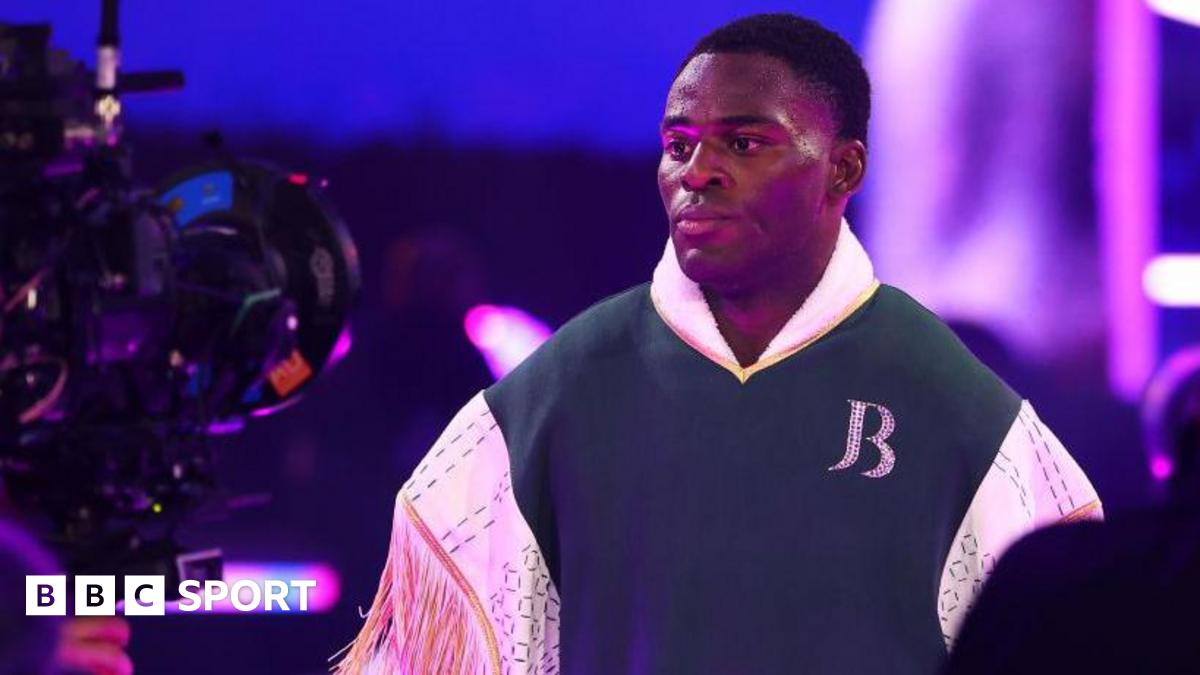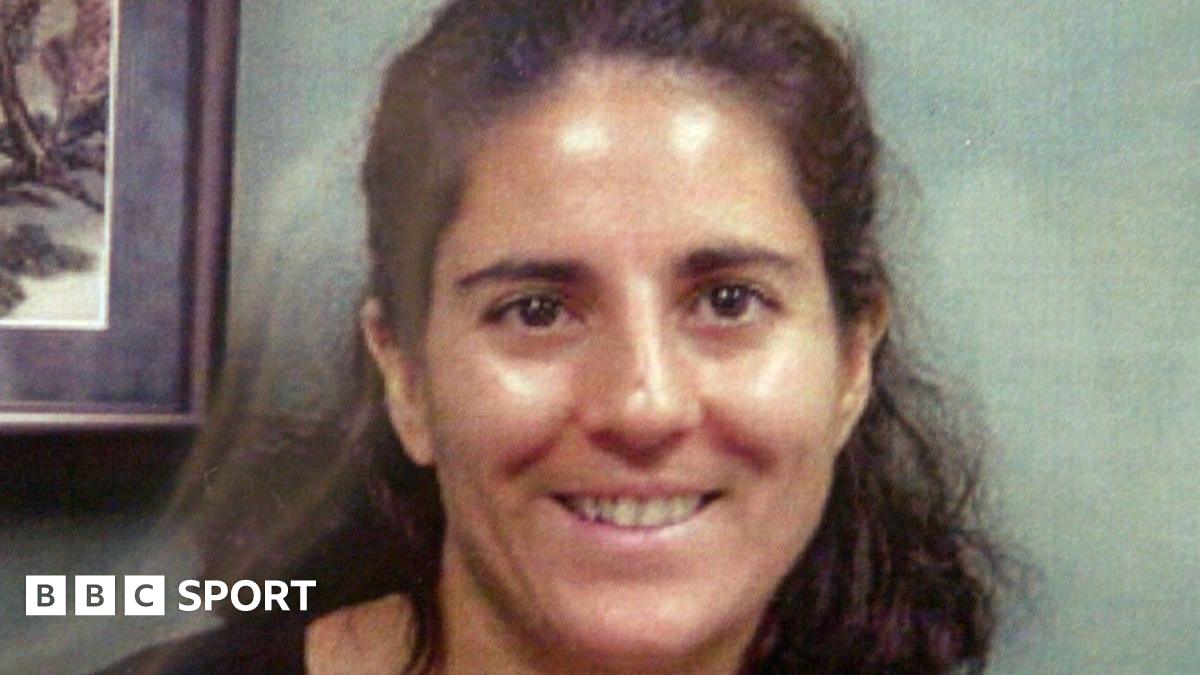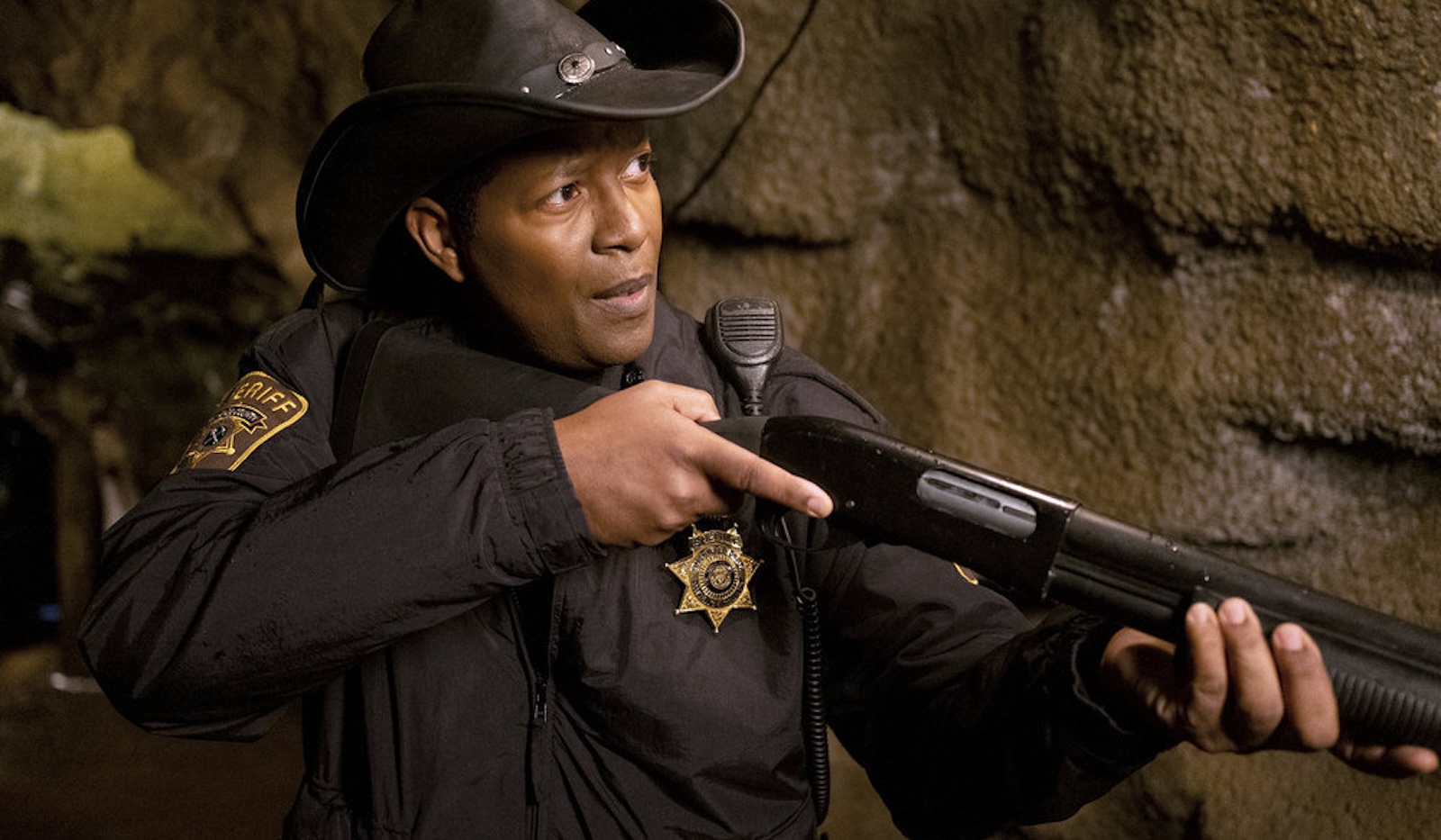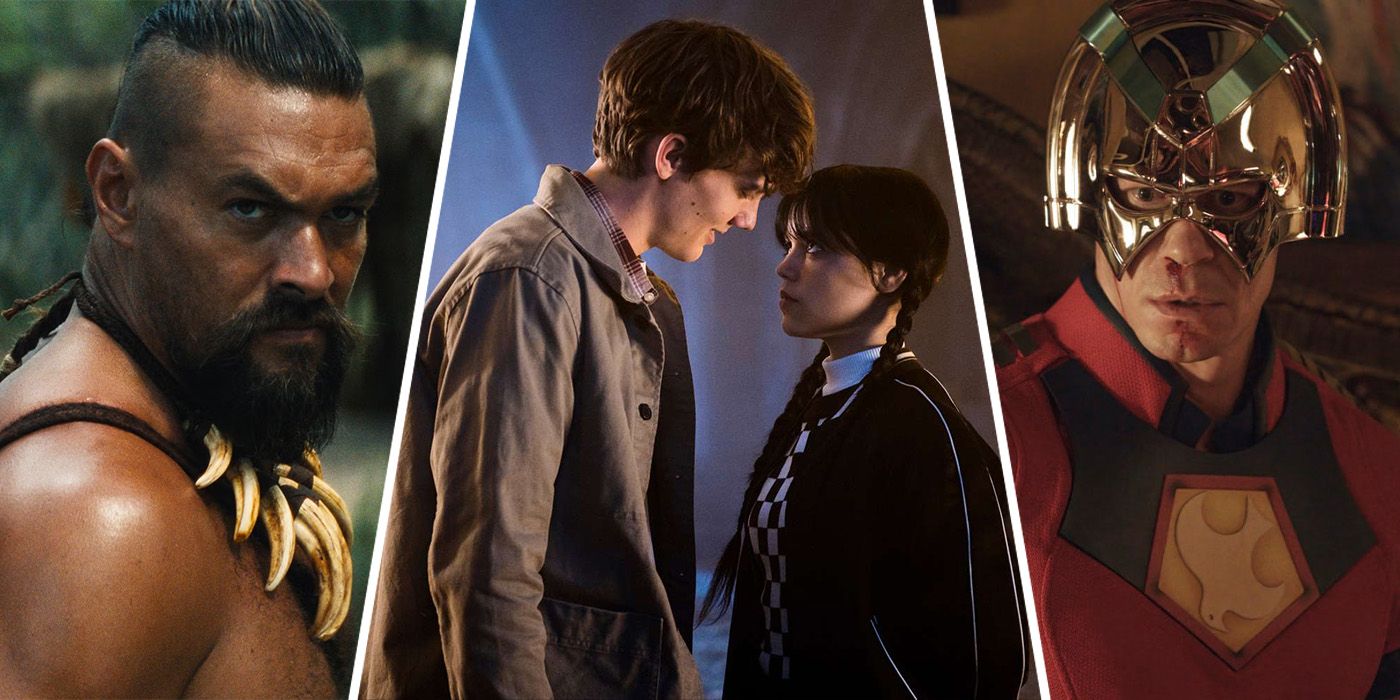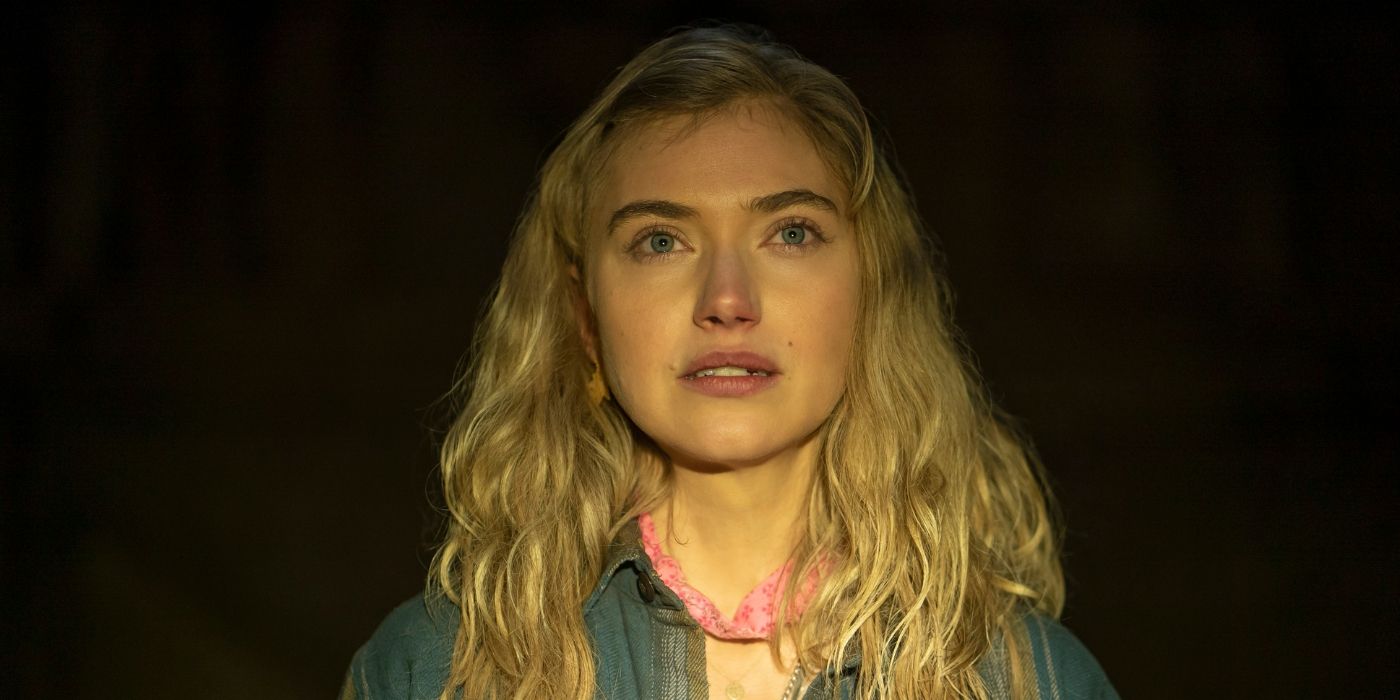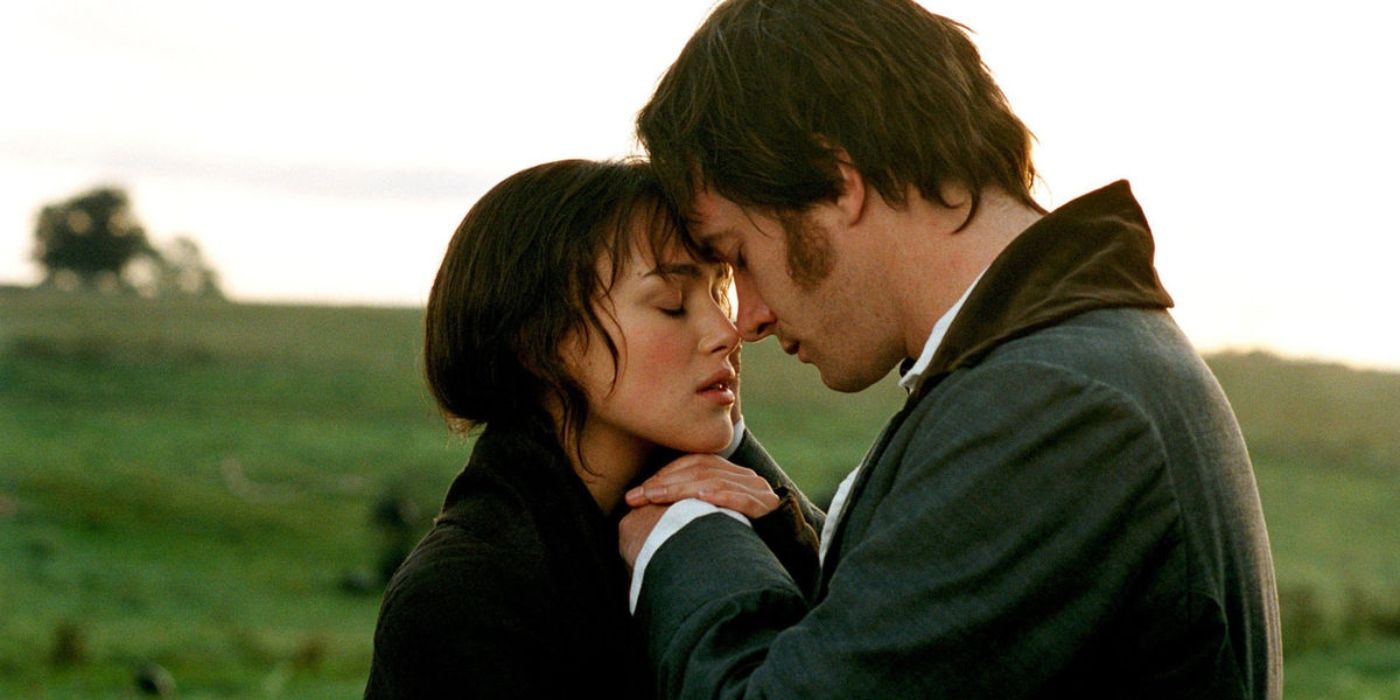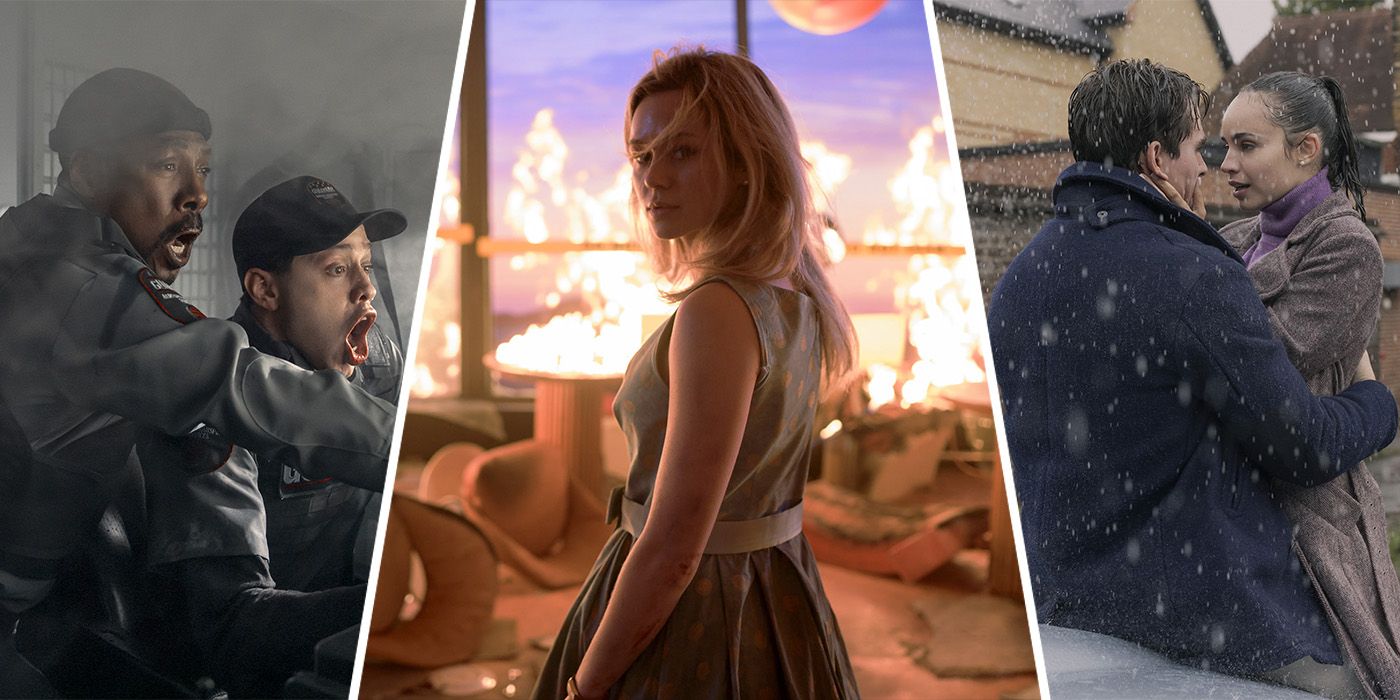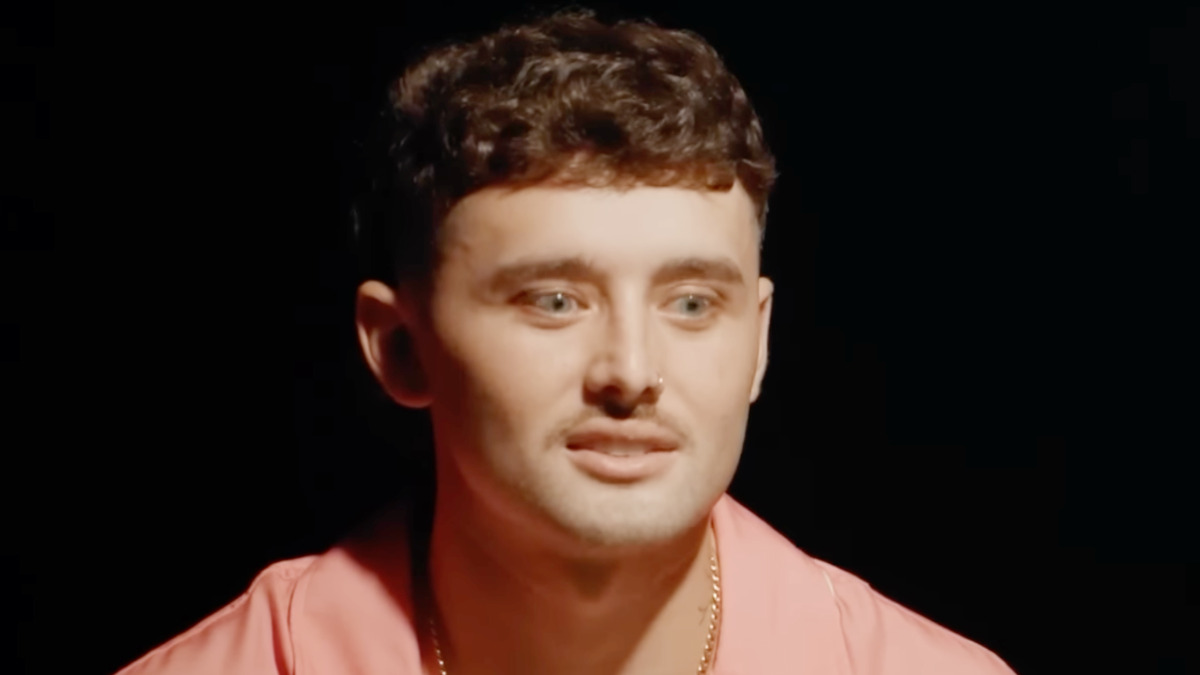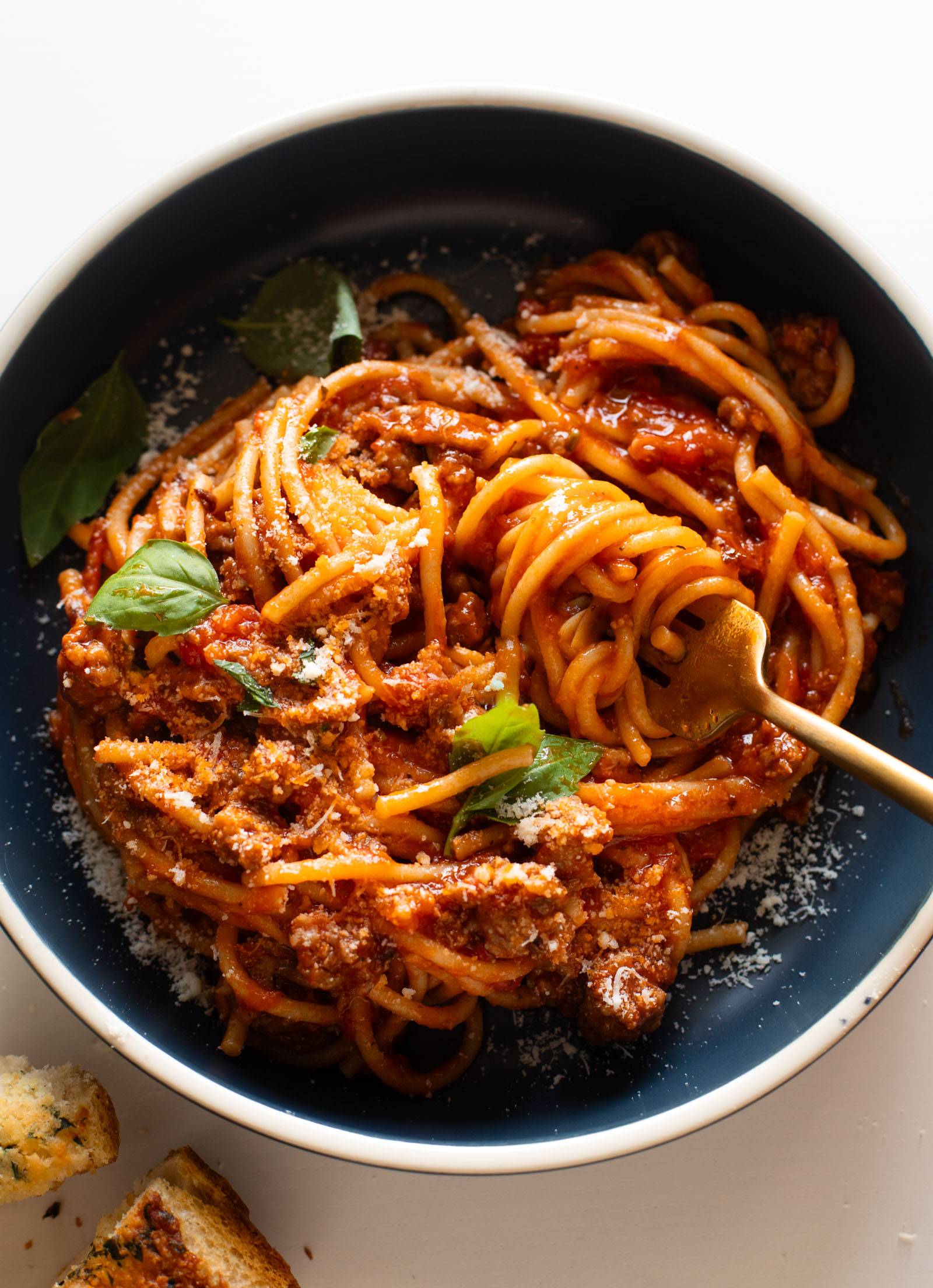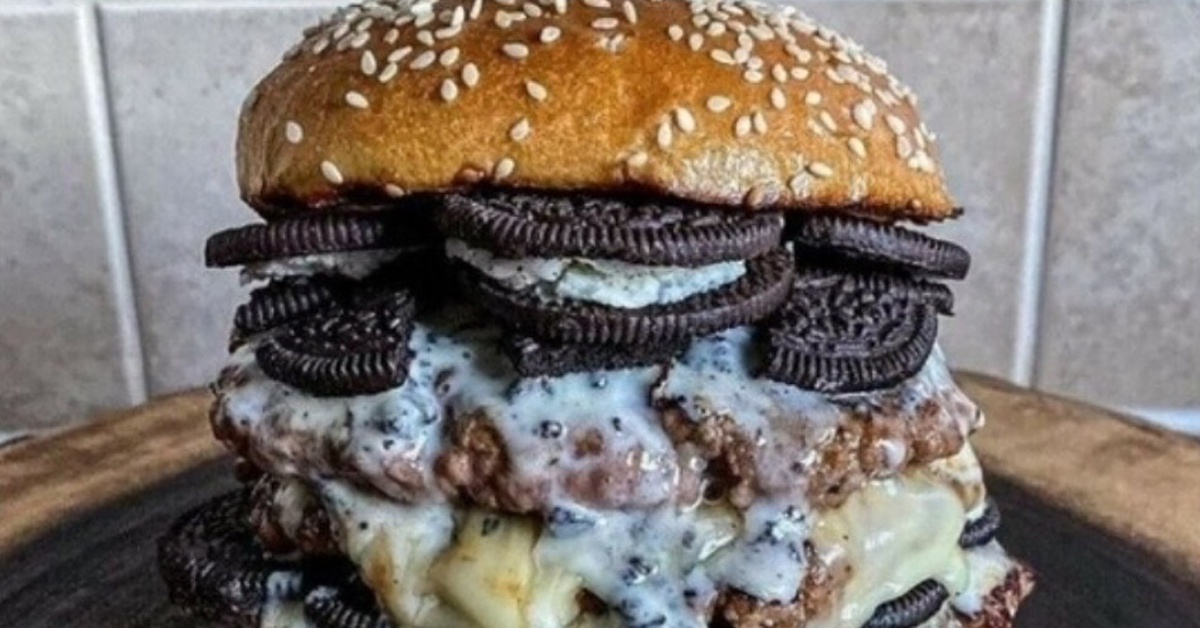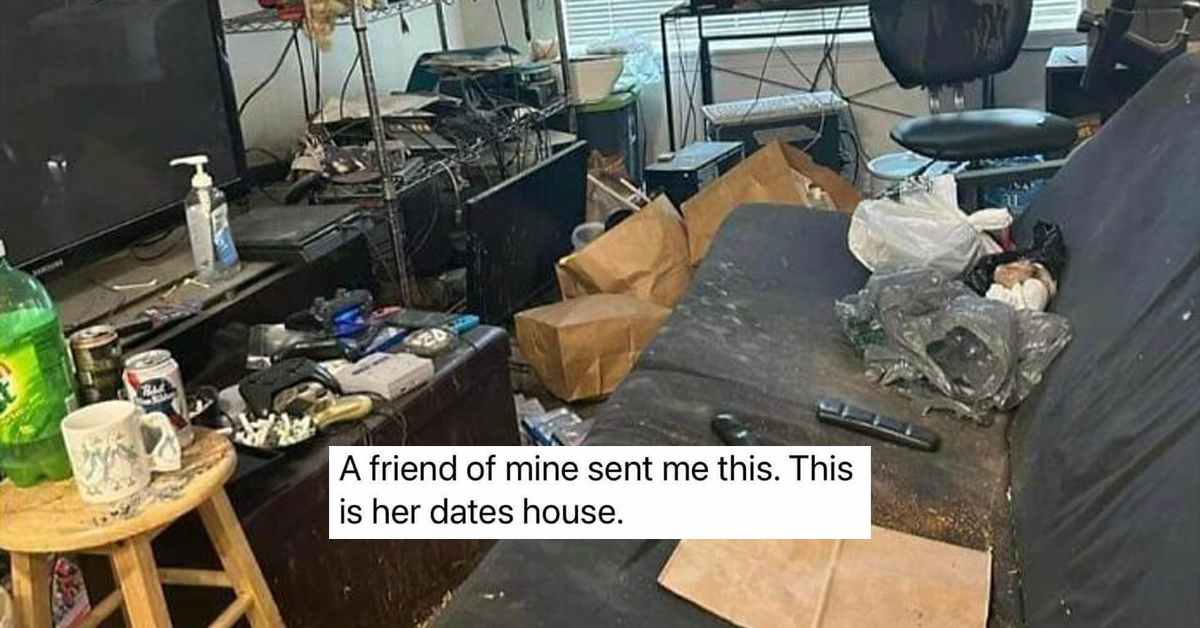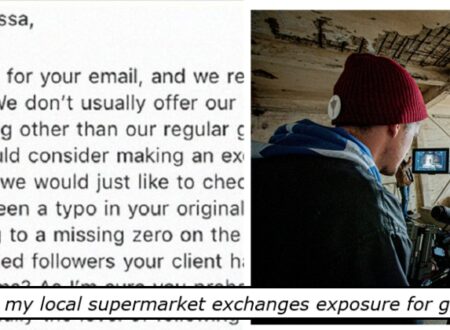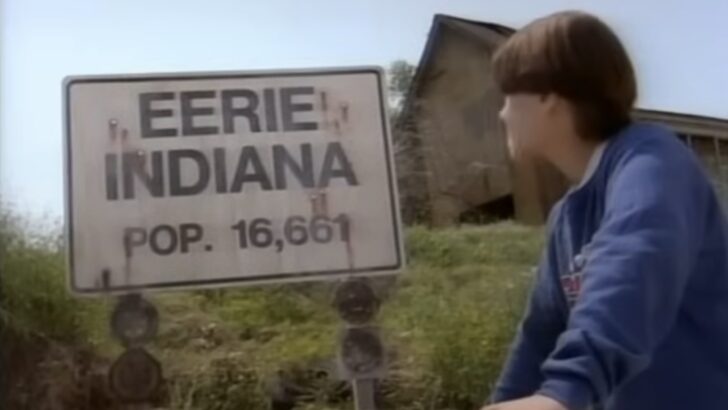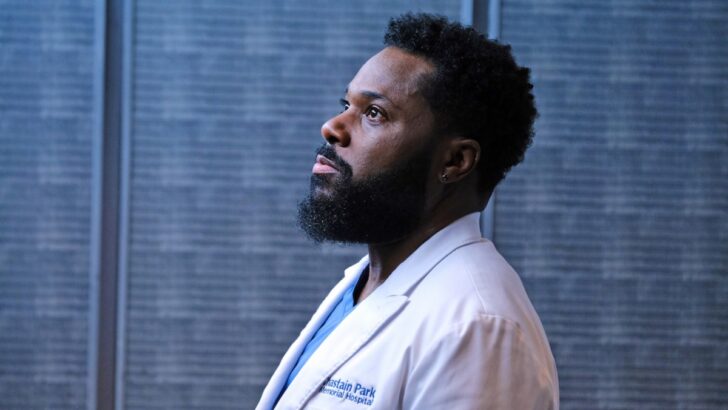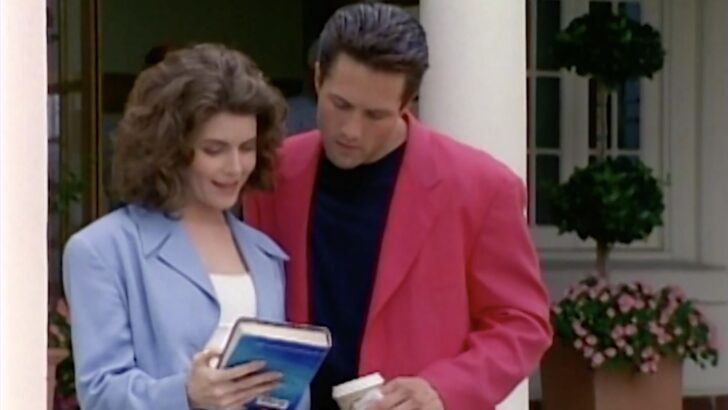TV Taught Us How to Die. But It Never Taught Us How to Be Born.
I recently found myself pulled into Offspring, an Australian dramedy about an obstetrician named Nina Proudman.
It’s the kind of show that sneaks up on you — equal parts messy, funny, raw, romantic, and emotionally devastating. But what struck me most wasn’t the characters or the love triangles or even Nina’s tangled family.
It was the birth stories.
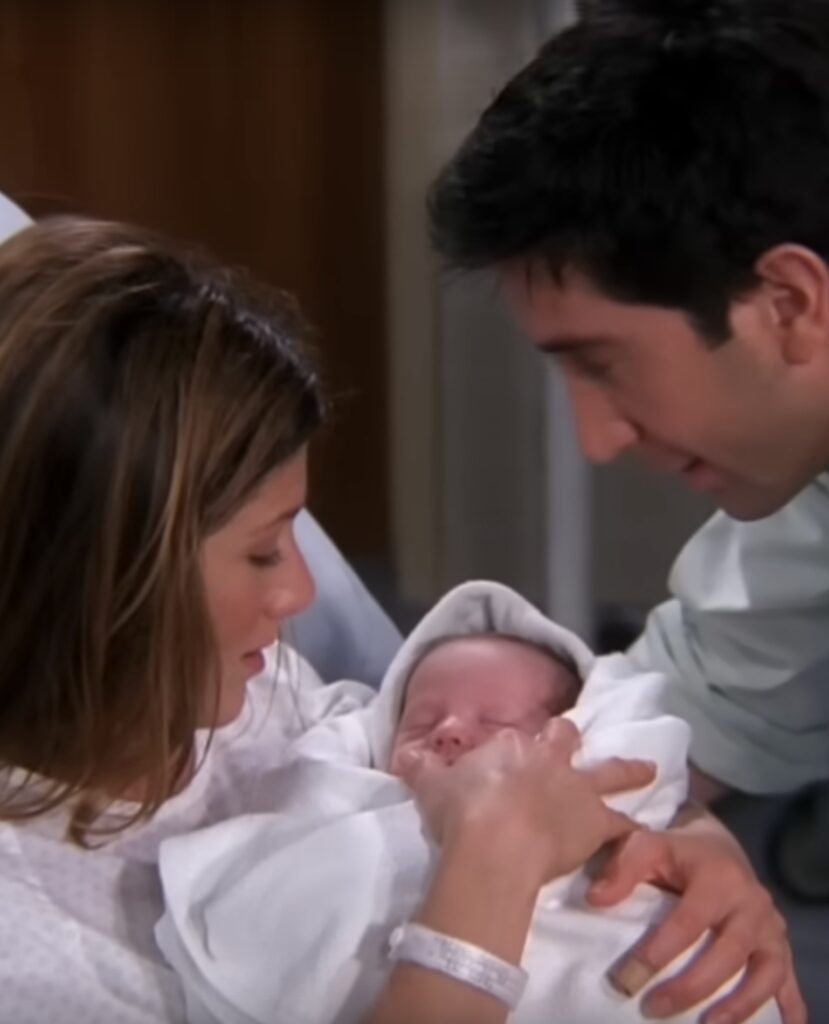
They were everywhere — threaded into each episode like a lifeline. Some were traumatic, yes. Some didn’t end the way anyone hoped, but others were beautiful, even joyful.
Each one mattered. These weren’t one-off plot points or background noise for a bigger arc. The births were the arc. Life — beginning in real time — was the story.
And it made me realize something uncomfortable: I’ve never seen an American show like that.
Not once.
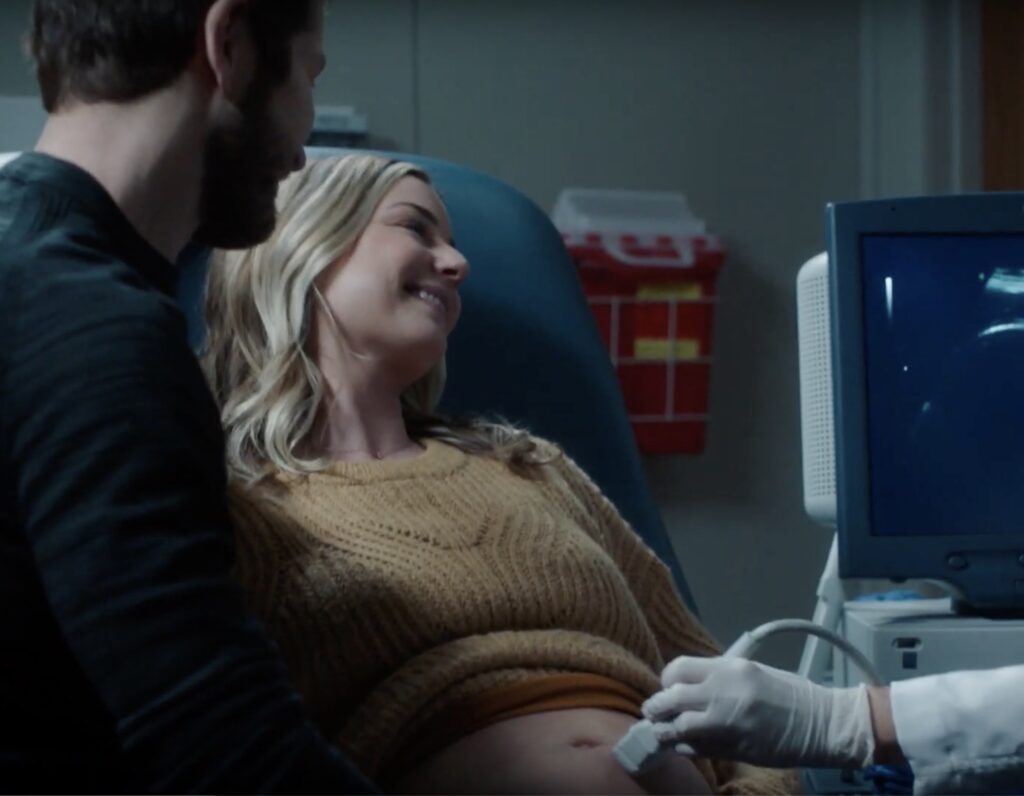
We Write Death Better Than Life
American TV has no shortage of hospital dramas. ER. House. Grey’s Anatomy. The Good Doctor. We glorify surgeons, pathologists, forensic examiners — even coroner consultants.
But obstetricians? Midwives? Women giving birth? Unless it’s used as a shock plot or tragedy trigger, it barely registers.
That might sound like a reach, until you look at the numbers. The United States has one of the highest maternal mortality rates in the developed world — nearly triple that of the U.K. and Australia.
In fact, in 2022 alone, 22 women died for every 100,000 live births in the U.S. Compare that to 5.5 in Australia.
And while we’re at it, fear of childbirth (tokophobia) is significantly higher in America, too, especially among Black women and those living in maternity care deserts.
It’s no coincidence that those two things — fear and death — go hand in hand.
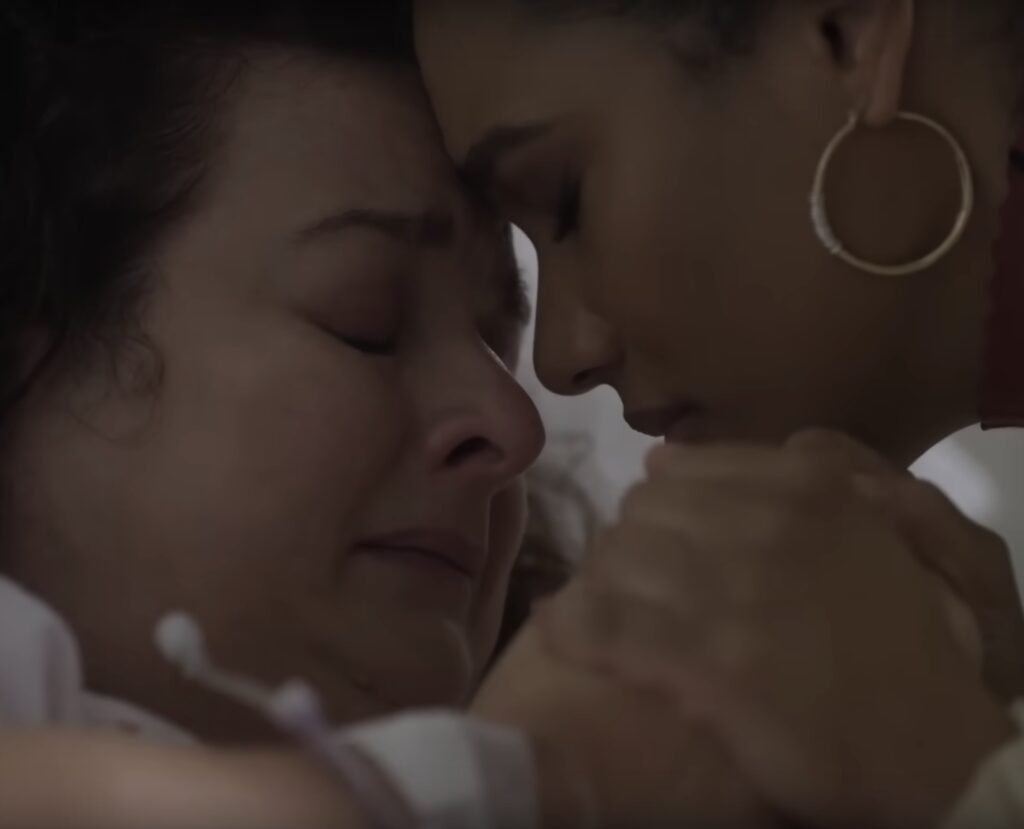
The Stories We Tell Shape What We Accept
In Australia, a show like Offspring doesn’t shy away from the trauma of birth, but it also doesn’t treat it like a horror movie.
It allows for happy outcomes — often hard-fought, emotional, and cathartic. Even when things don’t go as planned, the ripple effects are personal. The characters bring those moments home. They talk about them. They feel them, and so do we.
Love Child, another Australian drama, took it a step further by tackling unwed motherhood in the 1960s. Again, it’s not easy subject matter. But the show managed to celebrate resilience and humanity in the face of shame.
Meanwhile, in the U.S., I challenge you to name a major series centered around an OB-GYN. Go ahead — I’ll wait.
Exactly.
And before you decide that a story built around childbirth would be boring and not for you, see the bigger picture with the Offspring Season 1 promo below. It doesn’t limit storytelling, it enhances it.
When Pregnancy Appears, It’s Usually Bad News
This isn’t just an Australian vs. American problem. It’s a cultural problem.
We treat pregnancy as either a crisis or a punishment. The moment someone gets pregnant on a U.S. show, it’s like a ticking time bomb:
- Will she lose the baby?
- Will she consider abortion?
- Will it ruin her career?
- Will she almost die in labor?
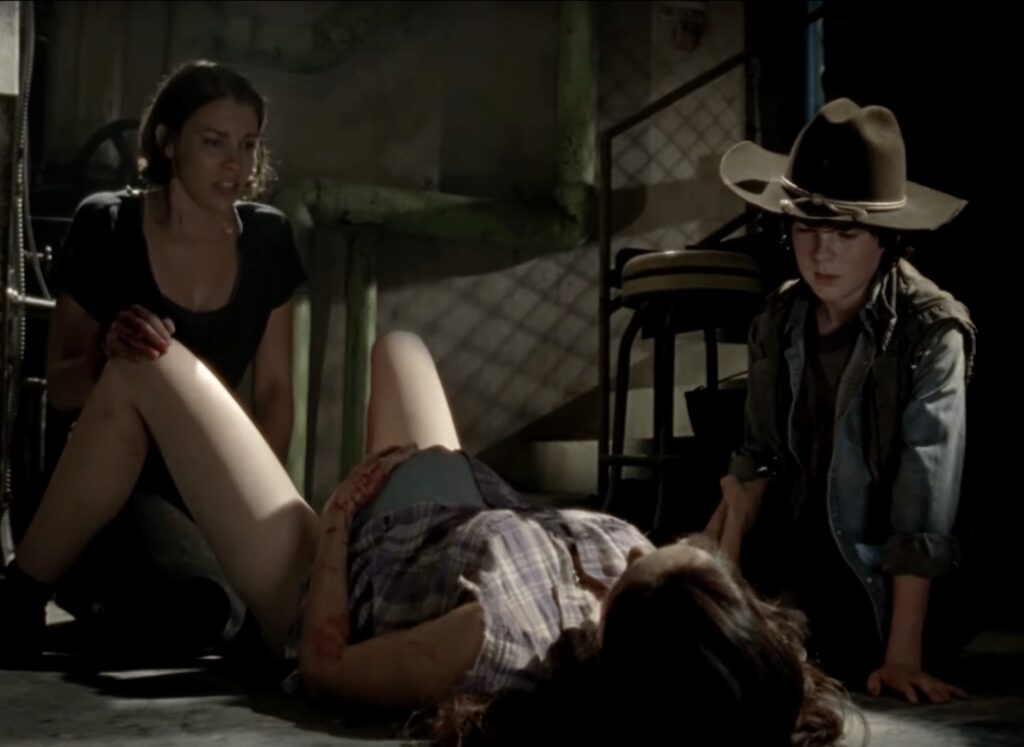
At TV Fanatic, we once asked: Why is One Chicago so averse to healthy pregnancy arcs?
But the truth is that pattern runs across nearly every show we cover.
We’re constantly served high-risk pregnancies, devastating miscarriages, surprise stillbirths, and “didn’t even know she was pregnant” trauma deliveries.
We act like it’s too boring to show something going right.
Fear Over Empathy
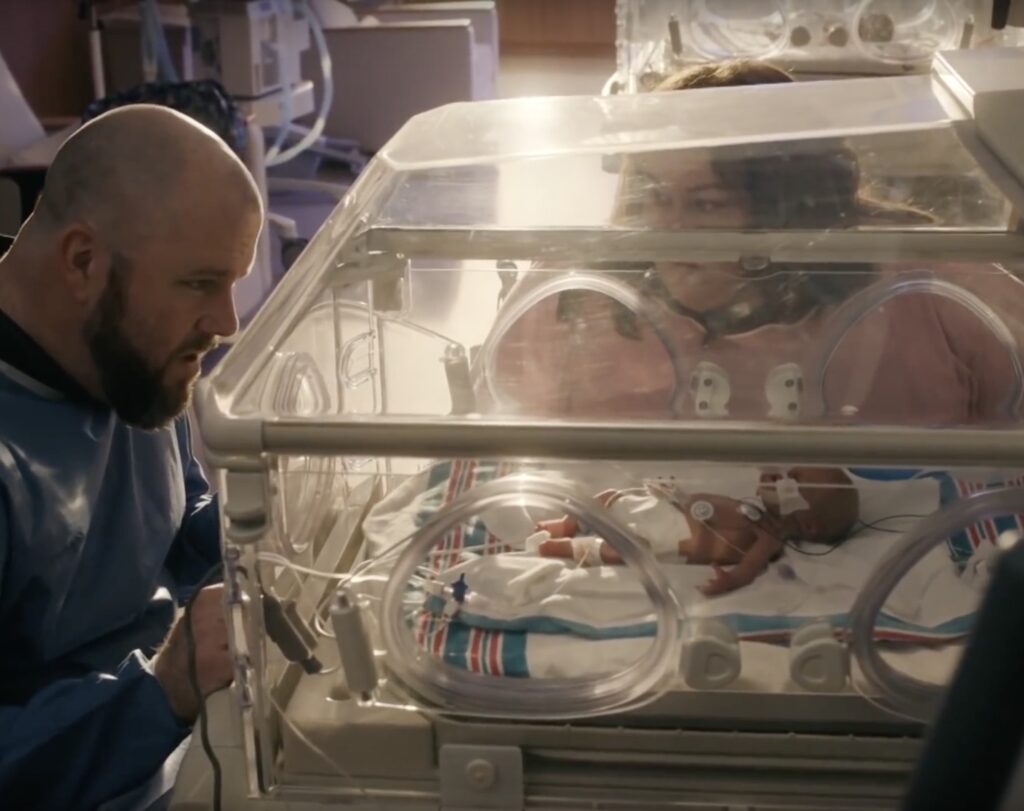
Here’s the irony: birth is inherently dramatic. It’s literally life and death. It can be hilarious and painful, miraculous and chaotic. We don’t need to twist it into melodrama. The truth is dramatic enough.
So why don’t we see more of that truth?
Because culturally, America is afraid of birth.
We’ve medicalized it to the point that it no longer resembles a rite of passage — it’s just another risk to mitigate. And if our healthcare system treats mothers like ticking time bombs, why would our entertainment treat them any better?
We write death better than life. That’s the problem.
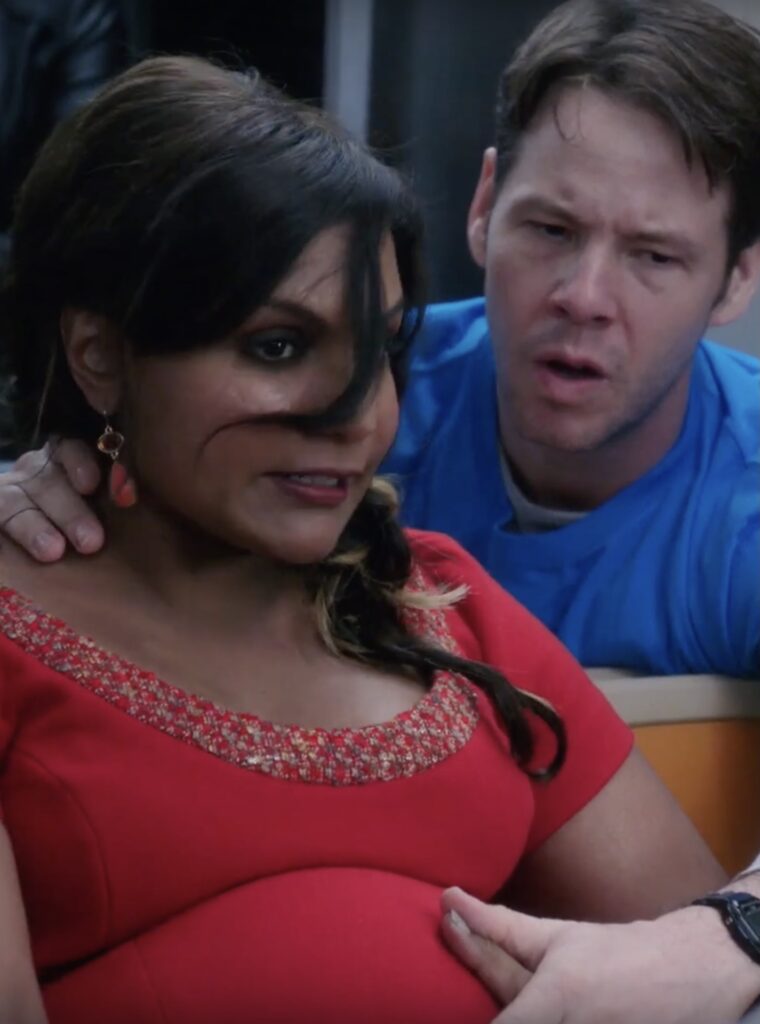
And No, You Don’t Need Kids to Care
I’m not a parent. I’ve never given birth. But I’ve watched enough television — and read enough statistics — to know something is very, very off.
We’ve created an entire entertainment ecosystem where birth is background noise, or worse, a convenient way to usher in tragedy.
Meanwhile, countries with better maternal outcomes are writing it into the center of their stories. That’s not a fluke. That’s a cultural choice.
They have a willingness to see birth not just as a danger, but as something worthy of empathy, exploration, and yes — even celebration.
Childbirth brings new life into the world. Why on earth aren’t we writing stories that cherish the experience?
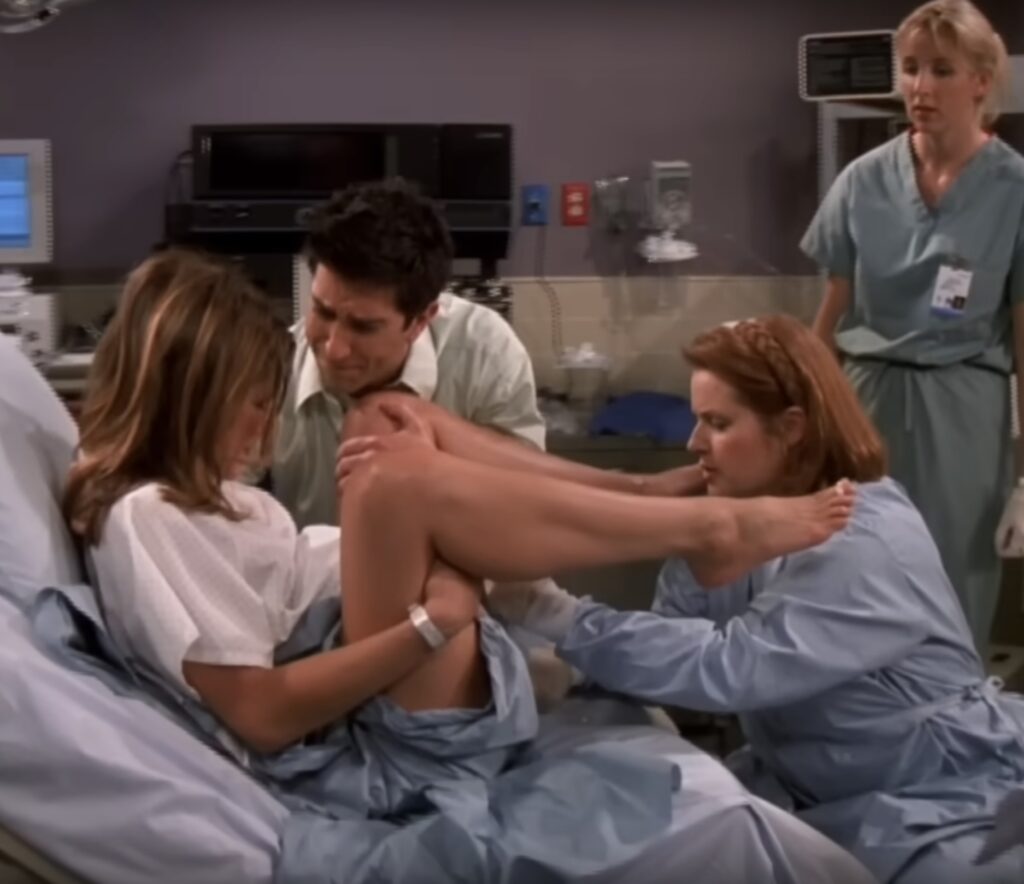
Sometimes We Show Birth — But Look at How We Do It
To be fair, American TV hasn’t completely ignored childbirth. We’ve had moments — powerful ones, even. But they’re rare, often random, and more often than not, soaked in distress.
There was Violet on Private Practice, whose baby was violently cut from her womb in a storyline that still haunts fans years later.
Lori’s emergency C-section on The Walking Dead was equally unforgettable — and fatal. Grey’s Anatomy has delivered its fair share of birth scenes, but they tend to fall into two camps: emergencies or emotional trauma.
Even This Is Us, which handled Rebecca’s birth story with surprising care, still framed her labor around unimaginable loss.
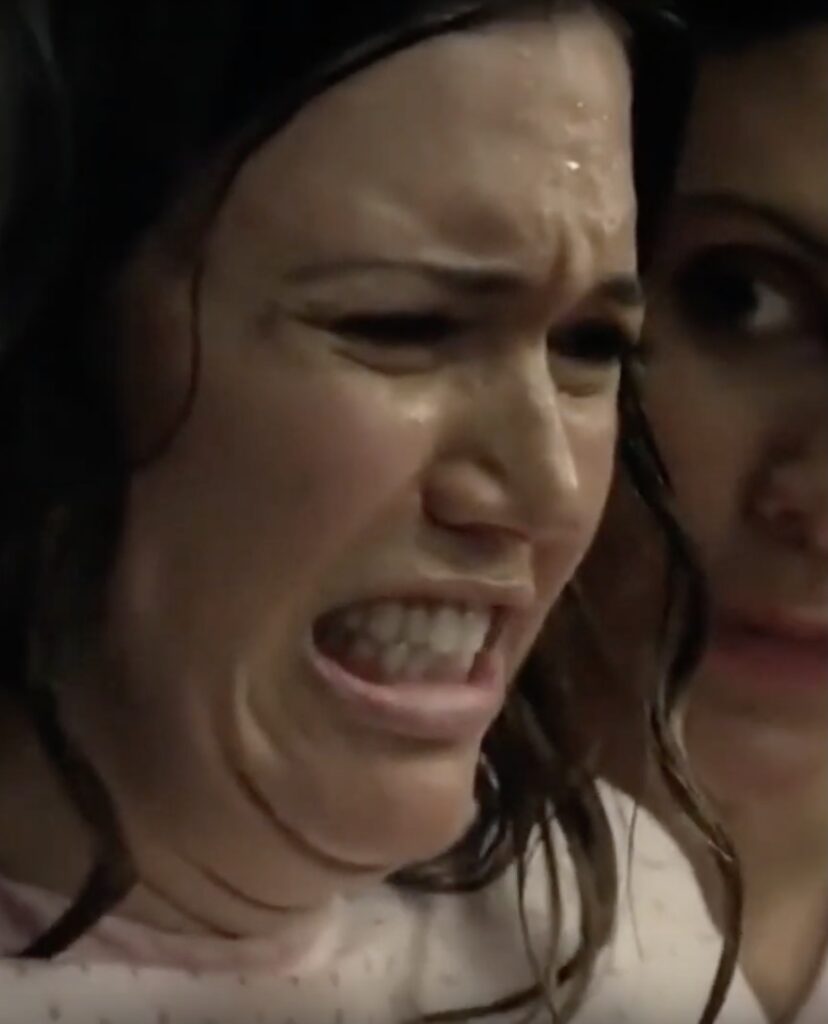
Then there’s the sitcom approach — Friends, The Office, How I Met Your Mother—where birth is a punchline, a chaotic climax, or a “surprise” that skips over the emotional weight entirely.
There have been exceptions.
Parenthood offered one of the more heartfelt deliveries in Kristina’s story. Outlander has delivered some of the rawest, most intimate birth scenes ever seen on American television, even if it took a time-traveling fantasy to get there.
And yes, The Mindy Project made room for a smart, funny OB-GYN to become a mom herself, even if the actual births rarely took center stage.
But these are outliers. Most U.S. series treat pregnancy like a subplot and birth like a hazard, something we expect to continue as we lose more family-focused programming. And that scattered, often traumatic portrayal adds up.
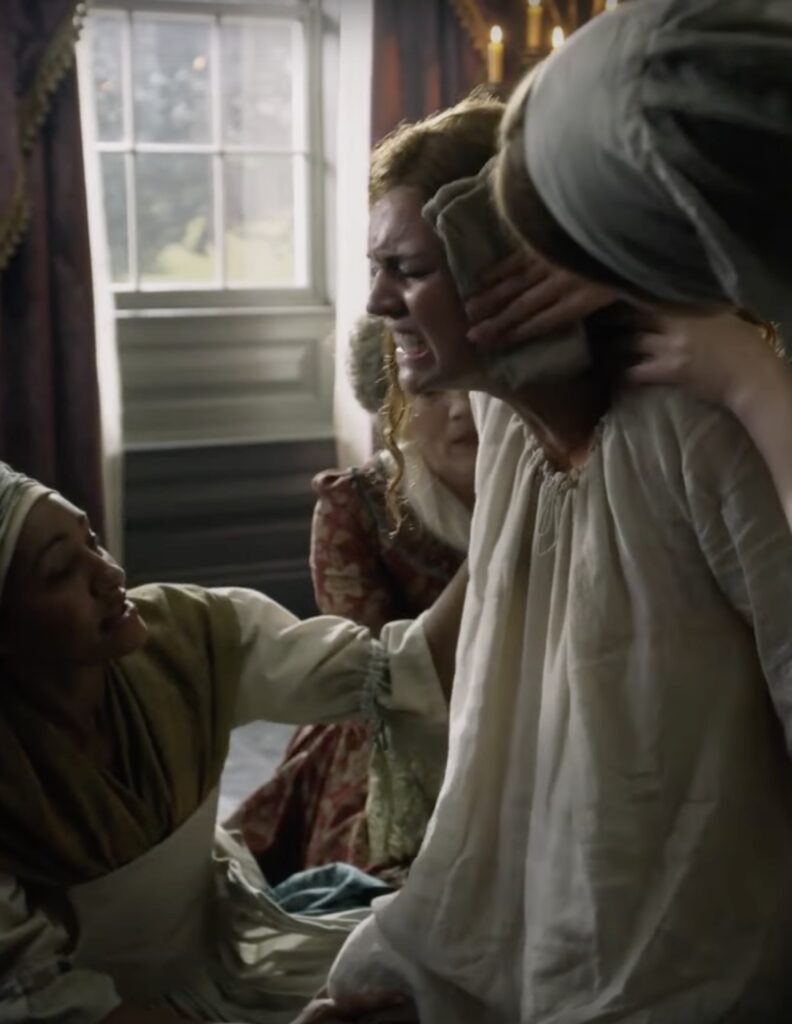
When Stories Vanish, So Does Empathy
Television doesn’t just reflect culture, it reinforces it.
The absence of meaningful pregnancy and birth stories on American screens isn’t just a creative oversight.
It’s part of a larger cultural failure to value, support, or even understand what it means to bring life into the world.
When we don’t see pregnancy handled with care, reverence, or realism in our media, it becomes easier to dismiss it in real life.
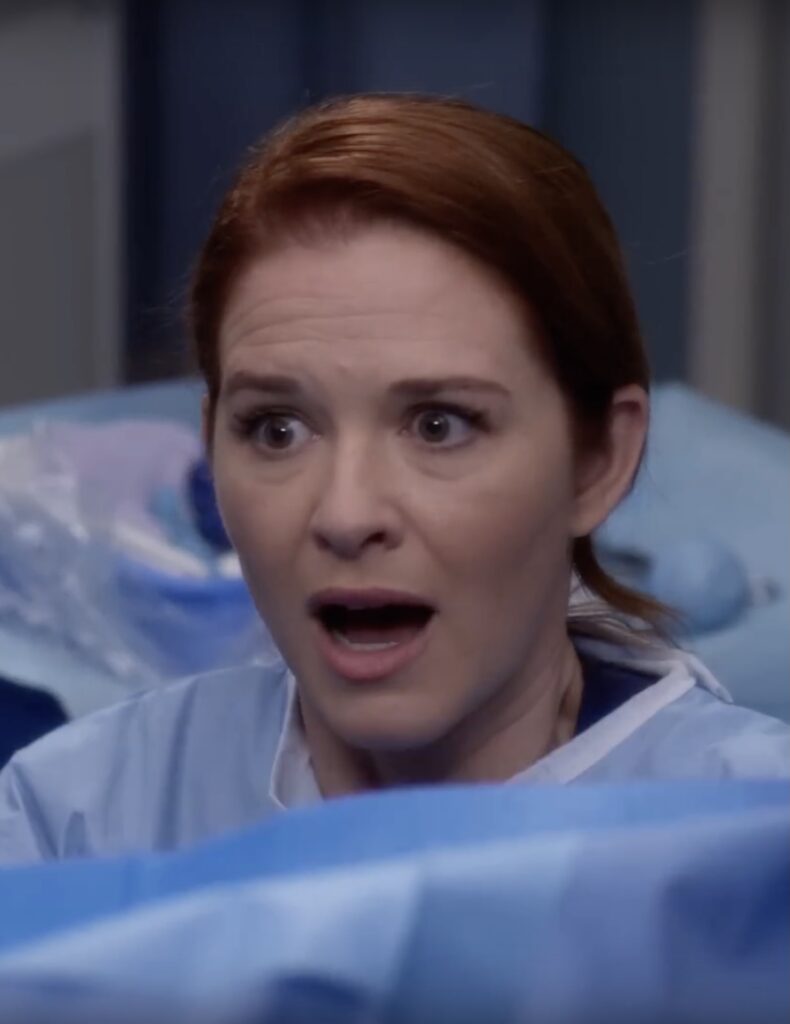
We forget that birth requires infrastructure, emotional preparation, and support. We forget that it’s a transition that reshapes families and societies, not just individual lives.
Countries like Australia and the U.K. not only have better maternal outcomes, but they also tell stories where birth matters. Their shows are more likely to frame pregnancy as a human experience, not a liability.
It’s no coincidence that these countries also offer stronger midwifery models, more robust postpartum support, and healthcare systems that treat mothers as more than just risk factors.
In America, the cultural silence around birth has consequences. When something is rarely shown, it’s rarely understood. And when it’s not understood, it’s rarely protected.
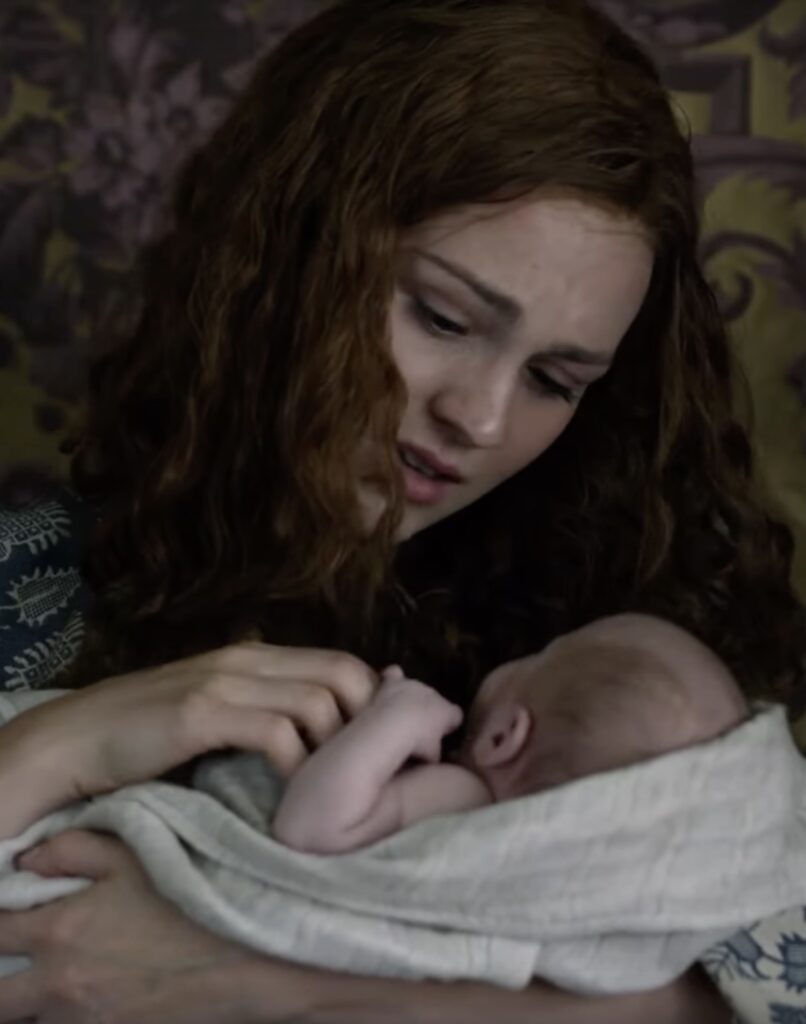
Maybe It’s Time We Write a Different Ending
Television doesn’t just reflect who we are; it reinforces who we become.
If the only birth stories we ever see end in blood, heartbreak, or silence, then it’s no wonder we can’t talk about it in real life either.
Maybe we don’t need another crime procedural or dark romance. Maybe what we need is a show that honors what it means to begin.
If our stories can’t celebrate life starting, what does that say about the world we’ve built around it?
Part of me wanted to write this piece just to tell people about Offspring.
To shout from the rooftops that there’s this funny, messy, beautiful Australian show that actually gets it — that treats birth like something worth writing about.
But the more I thought about it, the more I realized that this isn’t just about recommending a great series. It’s about everything Offspring represents, and everything we’ve been missing.
So I hope that you’ll consider watching the series, and maybe, just maybe, start asking more of the stories we tell here at home.
Watch Offspring Online
-
Creepy Kids’ TV: 13 Classic Live-Action Shows That Gave Us Goosebumps (and Eerie Vibes)
Loved Eerie, Indiana and Goosebumps? Revisit 13 weird, spooky live-action kids’ shows from the ’90s and beyond that still haunt our memories.
-
Black Royalty: Malcolm-Jamal Warner’s Legacy — When a Cultural Icon Feels Like Family
Malcolm-Jamal Warner gave us characters we loved, lessons we needed, and representation we didn’t know we were missing.
-
13 ’90s Shows That Flew Under the Radar (But You Can Stream Right Now)
These 13 under-the-radar shows ’90s shows are streaming now — and they’re full of camp, chaos, and forgotten stars worth rediscovering.
The post TV Taught Us How to Die. But It Never Taught Us How to Be Born. appeared first on TV Fanatic.
What's Your Reaction?
 Like
0
Like
0
 Dislike
0
Dislike
0
 Love
0
Love
0
 Funny
0
Funny
0
 Angry
0
Angry
0
 Sad
0
Sad
0
 Wow
0
Wow
0
